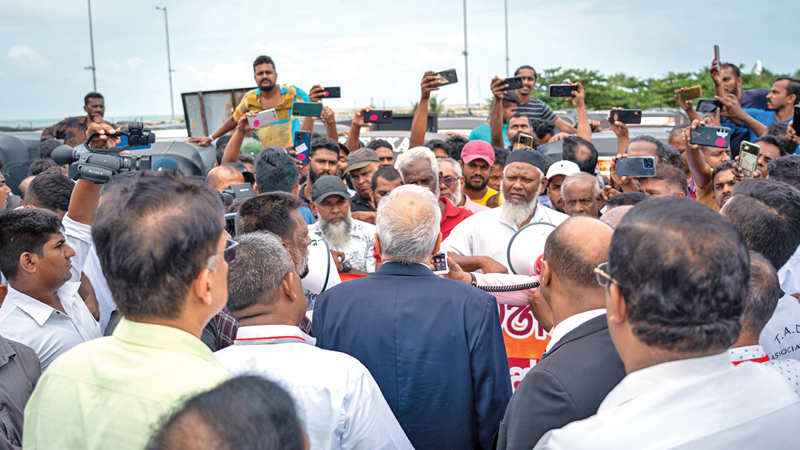The three-wheeler taxi industry, a conerstone of Sri Lanka’s transportation sector for four decades, has begun to receive the long overdue regulatory attention it desires.
Introduced in the 1980s from India, three-wheelers have become an indispensable part of daily life. Despite their vital role, the industry has been plagued by a lack of specific regulations. The National Transport Commission Act of 1991 failed to address the unique challenges faced by three-wheeler drivers.
Jurisdictions
While Provincial Councils are responsible for regulating public transport within their jurisdictions, only the Western Provincial Council has shown significant interest in addressing the issues affecting the three-wheeler industry. Numerous three-wheeler drivers’ unions and the “Sri Lankan Federation of App-based Transport Workers” have repeatedly highlighted and urged successive governments to implement necessary regulations.
A turning point came with the recent amendment to the National Transport Commission Act by President Ranil Wickremesinghe. This amendment empowers the Commission to draft guidelines and ordinances for all public transport vehicles, including three-wheelers and taxis in the public transport sector.
The three-wheeler community has welcomed this development with enthusiasm. In recognition of the President’s efforts, on September 3, over a thousand three-wheeler drivers gathered near the Presidential Secretariat to express their gratitude.
President Wickremesinghe pledged to introduce additional social security and welfare measures for the industry.
Hope
The positive steps taken by the Government have instilled hope for the future of the three-wheeler taxi industry. The drivers’ enthusiastic support for President Wickremesinghe underscores their confidence in his leadership and their desire for continued progress.
Presently there are some 500,000 App workers operating throughout the country.
The writer is the Secretary of the App Workers’ Union

President Ranil Wickremesinghe amid three-wheeler drivers






